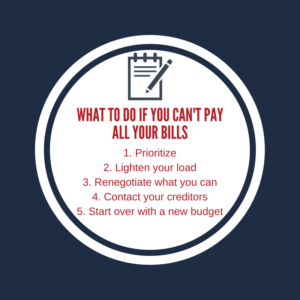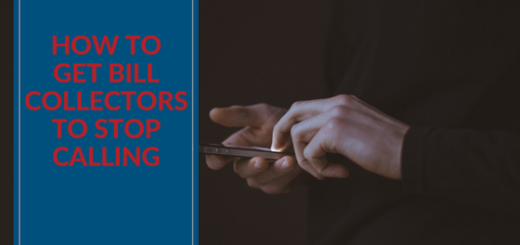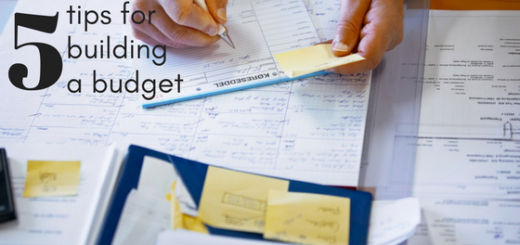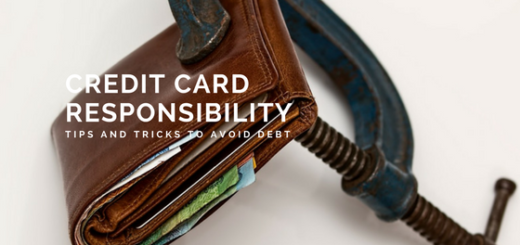What to Do When You Can’t Pay All Your Bills
 In an ideal world, you receive a paycheck, pay your mortgage or rent, make your credit card payments, make your car payments, pay your household bills, get enough groceries to provide for your family—and you still have money left over for additional living expenses, as well as monthly savings. Unfortunately, we don’t always live in an ideal world. Bills pile up, and there isn’t always enough money to cover every expense you have. Sometimes, your bills may even feel like an anchor dragging you down deeper and deeper every month.
In an ideal world, you receive a paycheck, pay your mortgage or rent, make your credit card payments, make your car payments, pay your household bills, get enough groceries to provide for your family—and you still have money left over for additional living expenses, as well as monthly savings. Unfortunately, we don’t always live in an ideal world. Bills pile up, and there isn’t always enough money to cover every expense you have. Sometimes, your bills may even feel like an anchor dragging you down deeper and deeper every month.
This can be an overwhelming and helpless feeling. But, it doesn’t have to be your reality. Don’t panic, and don’t get discouraged. You DO have options, and with patience, careful planning and hard work you CAN dig yourself out of this hole. Here are a few tips for what to do if you can’t pay all your bills.
Prioritize
Protect everything in your budget that is essential, then slash everything that isn’t key to your survival (think paid memberships, cable packages, streaming services, unnecessary subscriptions). You will want to keep anything that puts food on your table and keeps a roof over your head.
Lighten your load
If you can, you should try to stay current on your remaining bills. You’ll need to find a way to get some last-minute cash— i.e. side-hustles, yard sales, taking old clothes to consignment stores, trading in a newer expensive car for an older car. This extra money should go to making sure you’re caught up with bills. This will help you avoid having to pay bills with your credit card (making the problem worse in the long run).
Renegotiate what you can
For medical bills and student loans, you do have options that extend beyond paying it or skipping it (therefore hurting your credit).
Student loans can be deferred, meaning you can postpone your payments until you’re back on your feet. You may also have the option to reduce your monthly payments. This will help you avoid student loans show up as delinquent on your credit report. Learn more about your options for federal and private student loans.
Typically, you can renegotiate medical bills. Call your provider and see what options they have available. Oftentimes they may offer financial assistance or charitable relief programs to reduce your bill. Or, you can negotiate a payment plan. Here are some tips for handling medical bills.
Contact your creditors
Prioritizing spending, getting quick cash and renegotiating some of your bills are quick fixes. Once you have done those, you’ll need to take care of the root of the problem. That means contacting your creditors to make them aware of your situation. Most experts recommend contacting each creditor before the bill is due, not after. You will have less trouble this way. Many creditors will be willing to work with you to extend your due date, reduce your payments or waive late fees if you have not had a problem with them in the past.
Start over with a new budget
Now that you’ve successfully stopped the problem, it’s time to budget for the future. Hopefully to avoid your bills continuing to sink you into a hole that is difficult to dig your way out of. Focus on continuing to cut spending while building an emergency fund in case you run into another problem.
If you’re still struggling with your monthly bills, don’t wait for the problem to fester. Give us a call at (877) 373-2330 to learn more about regaining control of your financial health.


